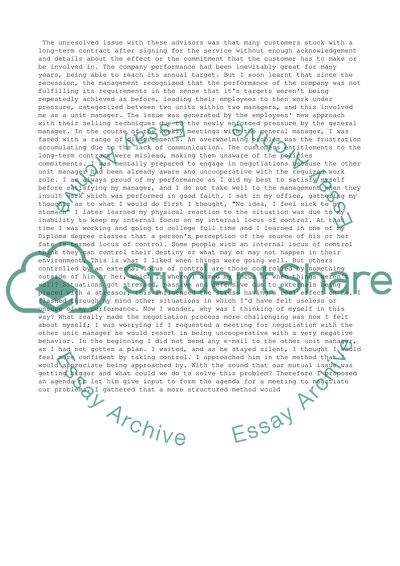Cite this document
(“Organizational Transformation in Practice Essay”, n.d.)
Retrieved from https://studentshare.org/business/1398707-organizational-transformation-in-practice
Retrieved from https://studentshare.org/business/1398707-organizational-transformation-in-practice
(Organizational Transformation in Practice Essay)
https://studentshare.org/business/1398707-organizational-transformation-in-practice.
https://studentshare.org/business/1398707-organizational-transformation-in-practice.
“Organizational Transformation in Practice Essay”, n.d. https://studentshare.org/business/1398707-organizational-transformation-in-practice.


